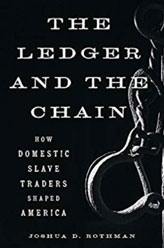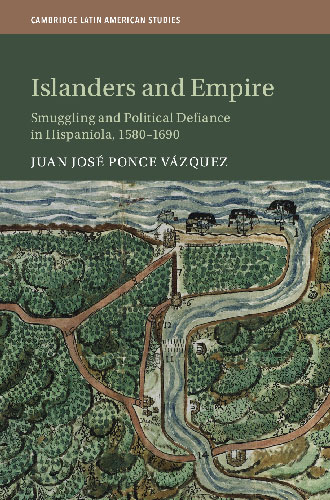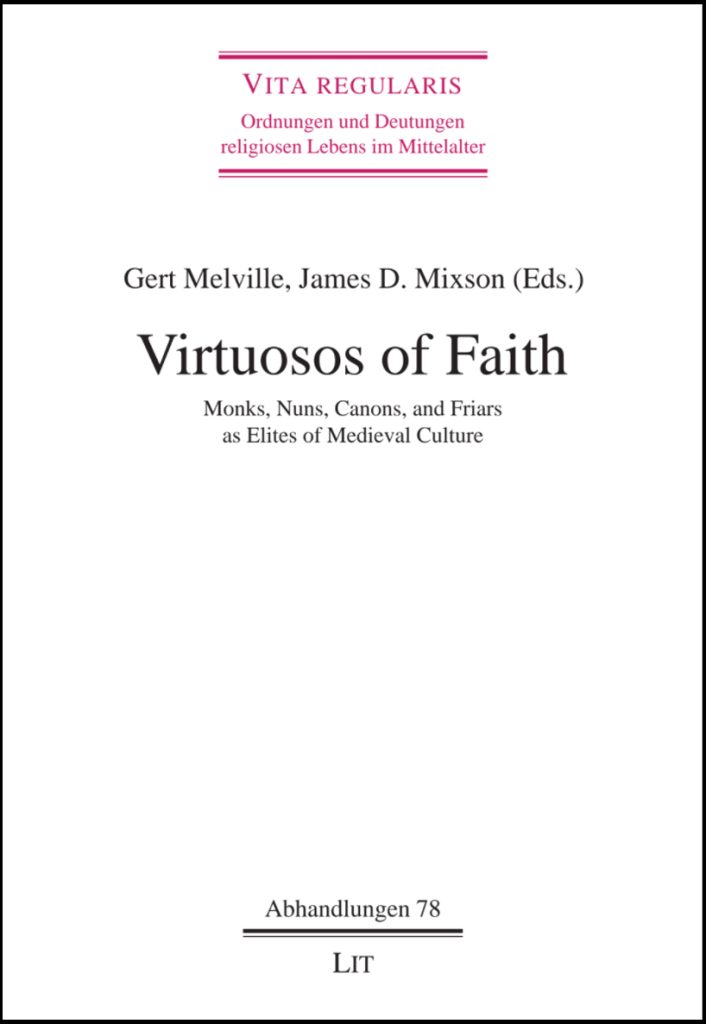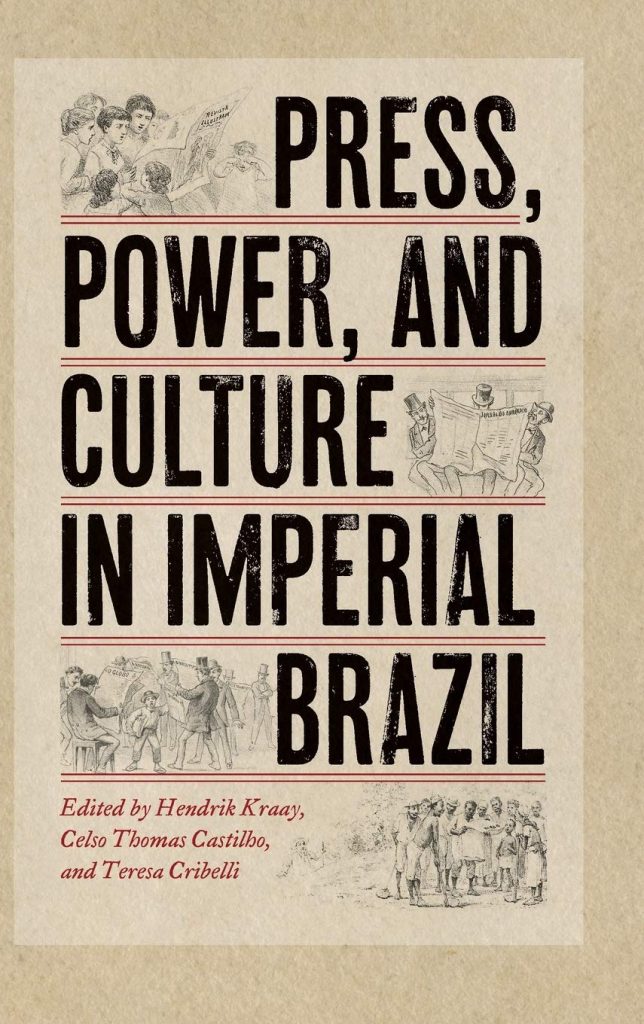Joshua D. Rothman, The Ledger and the Chain: How Domestic Slave Traders Shaped America (Basic Books, 2021)

For the past seven years Dr. Joshua D. Rothman, chair of the Department of History, combed archives across the country, working to craft an illuminating narrative of Isaac Franklin, John Armfield, and Rice Ballard, three business partners who ran the largest slave-trading operation in US history.
Rothman’s The Ledger and the Chain: How Domestic Slave Traders Shaped America (Basic Books, 2021) debunks the notion that slave traders were social pariahs and outcasts, proving instead that they moved among the social and financial elite of both North and South.
The Ledger and the Chain shows how three men built a business empire that stretched from Maryland to Louisiana, and how their road to success mirrored the successful practices of other American businesses. As they bought and sold the enslaved, Franklin, Armfield, and Ballard maximized efficiency, streamlined logistics, and developed intricate credit networks to finance their operations.

Juan José Ponce Vázquez, Islanders and Empire: Smuggling and Political Defiance in Hispaniola, 1580-1690 (Cambridge, 2021)
Associate professor Dr. Juan José Ponce Vázquez’s book, Islanders and Empire: Smuggling and Political Defiance in Hispaniola, 1580-1690, won the 2021 Alfred B. Thomas Book Award by the Southeastern Council of Latin American Studies.
Islanders and Empire situates Hispaniola at the center of the Spanish empire during the 17th century as the island transformed the course of European imperialism to its own benefit. Dr. Ponce Vázquez hopes the book will encourage scholars to reevaluate the importance of the Spanish Caribbean in the region.
John M. Giggie and Andrew J. Huebner, eds., Dixie’s Great War: World War I and the American South (University of Alabama Press, 2020)
 Dixie’s Great War is a compilation of articles based on presentations from a symposium commemorating the centenary of the American intervention in World War I. Drs. John M. Giggie and Andrew J. Huebner served as editors.
Dixie’s Great War is a compilation of articles based on presentations from a symposium commemorating the centenary of the American intervention in World War I. Drs. John M. Giggie and Andrew J. Huebner served as editors.
Contributors deal with questions about the South’s experience in the Great War. How did World War I affect the American South? Did southerners experience the war in a particular way? How did regional considerations and, more generally, southern values and culture impact the wider war effort? Was there a distinctive southern experience of WWI?
Though the volume is not a narrative history of the war, the contributors do uncover common threads. Southern states welcomed federal spending in the region, even if that meant tolerating forts named after Yankee generals.
The contributors find, unsurprisingly, that race played a significant factor in the South’s participation, with many white southerners resentful that war department took their black laborers.
James D. Mixson and Gert Melville, eds., Virtuosos of Faith. Monks, Nuns, Canons, and Friars as Elites of Medieval Culture (LIT Verlag, 2021)
For their ascetic sacrifices, their learning, piety, and expertise, those under religious vows were accorded positions of power and influence Western European society, offering a glimpse of the nature and dynamics of an “elite” in medieval culture.
Using medieval religious life as its interpretive lens, Virtuosos of Faith seeks to uncover the essential markers of elite status, exploring how those under vows claimed and manifested their elite status, as well as the workings of elite status from day to day, across region and locale.
Virtuosos also analyzes comparisons between medieval European religious elites and those of other cultures and settings.
Teresa Cribelli, Hendrik Kraay, and Celso Thomas Castilho, eds., Press, Power, and Culture in Imperial Brazil (University of New Mexico Press, 2021)
 Press, Power, and Culture in Imperial Brazil introduces recent Brazilian scholarship to English-language readers, providing fresh perspectives on newspaper and periodical culture in the Brazilian empire from 1822 to 1889. Through a multifaceted exploration of the periodical press, contributors to this volume offer new insights into the workings of Brazilian power, culture, and public life.
Press, Power, and Culture in Imperial Brazil introduces recent Brazilian scholarship to English-language readers, providing fresh perspectives on newspaper and periodical culture in the Brazilian empire from 1822 to 1889. Through a multifaceted exploration of the periodical press, contributors to this volume offer new insights into the workings of Brazilian power, culture, and public life.
Collectively arguing that newspapers are contested projects rather than stable recordings of daily life, individual chapters demonstrate how the periodical press played a prominent role in creating and contesting hierarchies of race, gender, class, and culture. Contributors challenge traditional views of newspapers and magazines as mechanisms of state- and nation-building. Rather, the scholars in this volume view them as integral to current debates over the nature of Brazil. Including perspectives from Brazil’s leading scholars of the periodical press, this volume will be the starting point for future scholarship on print culture for years to come.